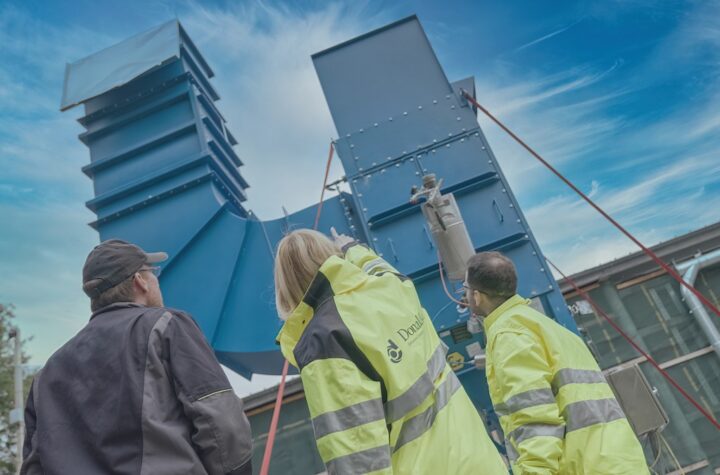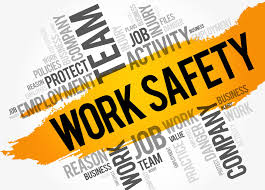The Norwegian Höegh Autoliners AS, a subsidiary of Leif Höegh & Co, started its roll-on and roll-off (Ro/Ro) car carrier operation in 1969. Today, it has 55 pure car truck carriers or PCTCs in its global trade systems which are managed from a worldwide network of 30 offices. The fleet consists of owned and chartered vessels. Höegh’s client list includes most of the major manufacturers of new cars and heavy machinery and rolling goods. In 2006, Höegh Autoliners carried about 1.6 million car equivalent units (CEU).
Currently, Höegh Autoliners is in the middle of a fleet expansion program and 15 more new buildings already ordered will be delivered from 2007 to 2011. In shipping parlance, new building means a new vessel that is under construction. Currently, the company’s annual transportation volume is around 1.9 million car equivalent units or CEUs. “To meet customer demands for added capacity and flexibility, Höegh Autoliners had embarked upon an extensive fleet expansion and renewal program, with 20 PCTC new buildings being delivered in the period 2003-2008, representing a total investment of about USD 1.1 billion. Höegh Autoliners is continuously investing in developing ship design and specification to enhance and improve efficiency and environmental impact,†says the company.
Höegh Autoliners says its fleet is designed for maximum flexibility to cater for the variety of rolling stock carried in the various trades. The current fleet includes 34 owned PCTCs with capacity ranging from 2300 to 6500 cars for deep-sea trades and two 800 car capacity feeder ships for short-sea operations. At any given point, the company has around an additional 25 vessels on charter. Additionally, Höegh Autoliners is partner in a joint venture which is supplying one purpose-built Ro/Ro vessel on long-term charter to Airbus for transporting aircraft components and subassemblies in Europe. Höegh Autoliners has 30 subsidiary and representative offices around the world.
In January this year, H̦egh Autoliners and A.P. Moller РMaersk through its subsidiary Maersk Shipping Singapore agreed to jointly operate their fleets of about 67 vessels globally under the name of H̦egh Autoliners, from its head office in Oslo. H̦egh Autoliners and A.P. Moller РMaersk each remains individually responsible for the technical management and crewing of their own vessels.
“Our customer oriented business approach remains at the core of the business model and our customers’ cargo projections motivate our ambitions to grow. The cooperation with A.P.Moller – Maersk improves our ability to meet our customers’ requirements for services and transportation volume,†said Thor Jørgen Guttormsen, CEO of Höegh Autoliners.
In 2006, the global production of new cars grew to around 62 million units and is Historically about 15% of the production volume have been exported overseas.
“In addition the globalisation of the car manufacturing industry has brought about structural changes to production models, which is affecting seaborne transportation positively resulting in additional growing demand for transportation services.
On this background Höegh Autoliners expects the market for Ro/Ro car carriers to remain strong and has experienced growing interest from customers to secure future transportation capacity. Höegh Autoliners has transportation contracts with many of the world’s leading vehicle manufacturers and is in addition a leading carrier of second-hand vehicles as well as â€high & heavy†construction equipment and other rolling stock. Höegh Autoliners presently operates 12 deep-sea Ro/Ro services under its own brand name, in addition to the Japan-New Zealand used-car trade operated by its subsidiary Kiwi Car Carriers and a short sea feeder service in the Caribbean. Growth to meet customers demand,†says the company.
Automotive Industries spoke to Tore Roysheim, senior vice president – strategy at Höegh Autoliners AS.
AI: Please tell us a little about the new generation of PCTCs that have capacities exceeding 6000 CEUs?
Our new generation car carriers – the Horizon class – being built in Vietnam is a further evolution of our core fleet Pure Car Truck Carrier design which will be larger and more efficient. By adding one car deck, to total 13, the carrying capacity is increased 15 per cent and thus unit cost and the impact on the environment per transported unit are reduced. By ordering these vessels from Vinashin in Vietnam we will have an additional supplier of car carriers for the future. Also the commercial terms were attractive and we were able to introduce many new features in the upgraded design.
AI: How is the global car carrier market growing? How big is the market today?
The car carrier market is growing as a consequence of growth in the global car production in combination with car manufacturers increased globalization of production. The total global car production and sales of passenger cars and light commercial vehicles has grown steadily to 61 million units in 2006, and is estimated to grow to 90 million units by 2015, representing a compounded annual growth rate of three to four per cent. Historically about 15 per cent of the production volume is transported deep sea. In the context of increased globalization and growth in the global car markets we foresee a significant growth in demand for deep sea transportation the next decade.
AI: Will supply keep up with the demand?
Demand is growing at a higher rate that expected only a few years ago. In the short term demand is higher than supply, but with the number of newbuildings currently on order we would not be surprised to see an oversupply of tonnage, say around 2010. The current orderbook amounts to about 35 per cent of the existing fleet and the world fleet is estimated to grow 10 to 12 per cent annually in 2007 to 2009.
AI: Will more car carriers tie up with competitors like Höegh did with A.P.Moller – Maersk?
The car carrier market is already serviced by a league of large global Ro/Ro operators. In addition it is a handful of tonnage providers who charter out car carriers to the major operators. A.P.Moller РMaersk was in this segment (Ro/Ro) a tonnage provider and not a competitor to H̦egh Autoliners, and the two companies has entered a tonnage cooperation.
I think it is more likely to see such co-operation or consolidation between operators and tonnage providers than between the established operators.
AI: What are some of the important drivers that are shaping the future role of deep sea car carriers?
Globalisation of the car manufacturing industry and developments of new significant car markets drive changes to the global trade flows. The trend is that car makers to a larger extent are planning to leverage their global production capacity to source the global car market with the best possible products at the lowest possible cost. For deep sea carriers this trend will increase the demand for transportation capacity as well as geographical reach.
This trend reflects an increased use of global sourcing of build up cars which most likely put increased importance to the quality and content of our service offerings. To our new car customers we are more and more considered as an integrated part of the manufacturer’s global distribution system. This level of interaction is changing our role from being a service supplier to becoming a true collaborator and partner to the car industry.








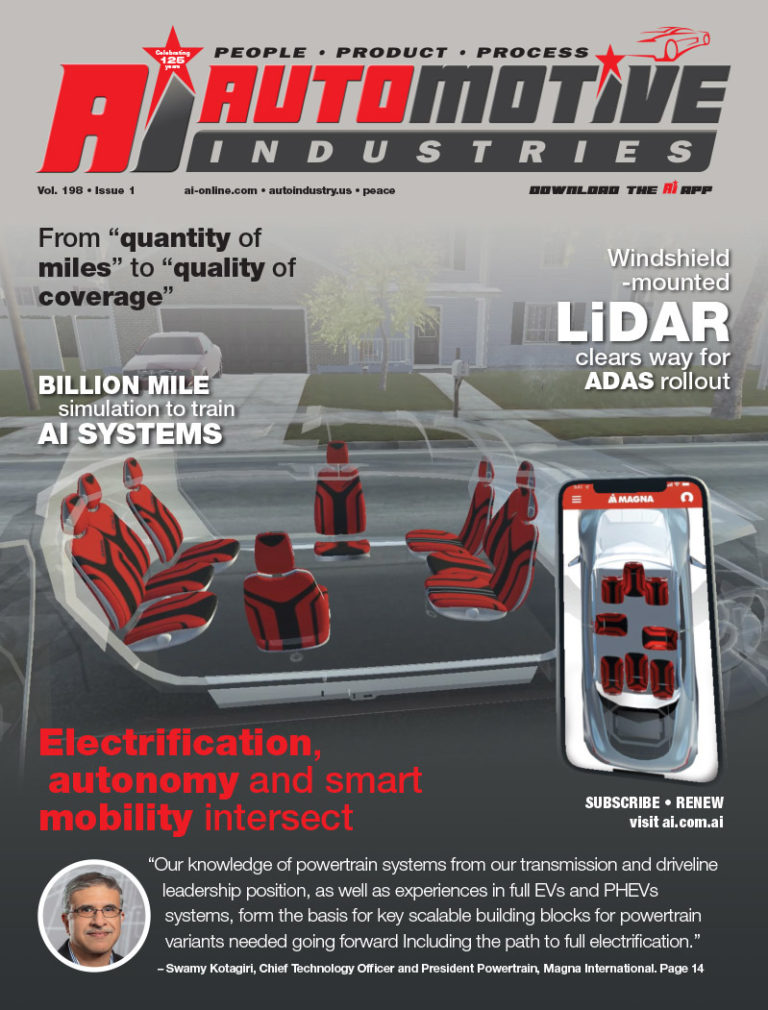





































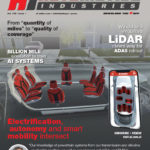 Mercedes-Benz chooses Nuance's speech solutions for the new C-Class
Mercedes-Benz chooses Nuance's speech solutions for the new C-Class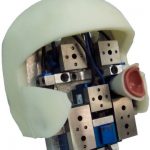 Facial and Ocular Countermeasure for Safety Headform or FOCUS makes an impressive debut at SAE
Facial and Ocular Countermeasure for Safety Headform or FOCUS makes an impressive debut at SAE

